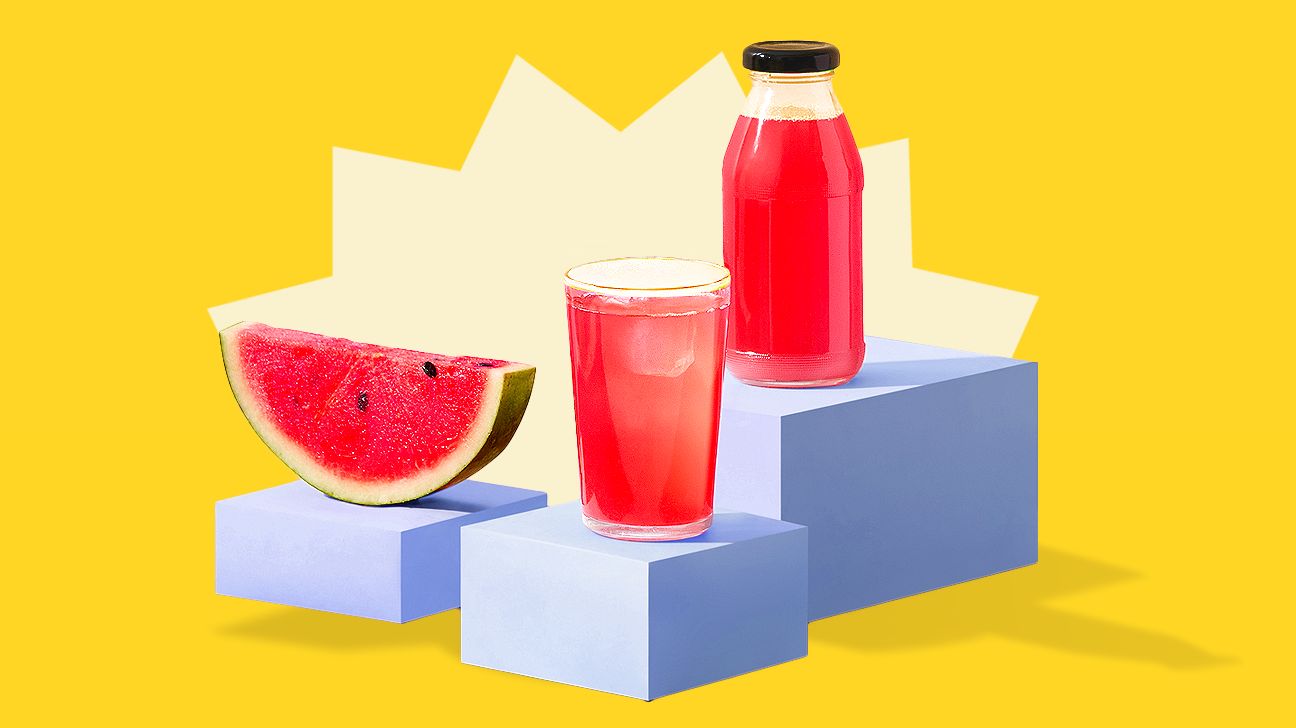Ever wonder why sports drink brands make such a big deal about replenishing electrolytes after you work out? It’s because electrolytes (minerals with an electrical charge) are the fuel for many processes in your body.
Your heart, brain, and muscles need those sparks of electricity to function. Electrolytes also help regulate hydration and pH levels.
Electrolytes aren’t just for professional athletes — everybody needs to replace electrolytes lost through sweating, illness, or dehydration. You lose electrolytes all the time through urine and sweat, and you need a steady supply to replenish them.
The good news is you can get plenty of electrolytes by eating a varied diet.
Some foods that are good sources of electrolytes:
- vegetables and fruits like spinach, kale, avocados, broccoli, potatoes, strawberries, watermelon, oranges, bananas, tomatoes, raisins, and olives
- beans, soybeans, and tofu
- nuts like almonds and peanuts
- milk, buttermilk, and yogurt
- fish like flounder
- meats like turkey, chicken, and veal
- canned foods like soups and vegetables
Your electrolyte needs will vary based on your age, your activity level, how much water you drink, and the climate you live in.
Most moderately active folks can get all the electrolytes they need from foods and drinks. But if you’re sweating buckets, a sports drink may be the best tool for loading up on electrolytes fast.
You might need a special electrolyte drink to stay in balance if you:
- sweat a lot
- exercise in hot weather
- work out longer than an hour
- are at risk of dehydration because of fever, diarrhea, or vomiting
The important, electrically charged minerals we call electrolytes include:
- sodium
- phosphate
- potassium
- calcium
- magnesium
- chloride
- bicarbonate
Your body without electrolytes would be like a house without electricity — not very lively.
Some of the functions electrolytes help with:
- regulating fluid balance in blood and cells
- carrying nutrients into cells and carrying waste out
- transmitting nerve signals to and from your heart, muscles, and other cells
- building new tissue
- clotting blood
- electrically stimulating heart contractions
- keeping blood at the right pH level
To keep things running smoothly, your body needs enough electrolytes but not too many. Keeping electrolyte levels in the ideal range is the key.
Health-related factors that can upset that balance:
- dehydration
- kidney disease (which may cause high potassium levels, aka hyperkalemia)
- type 1 diabetes
- disordered eating
- some medications, including chemotherapy drugs, beta-blockers, laxatives, corticosteroids, and diuretics
If you have one of the factors listed above or you’re dehydrated because of illness, aren’t drinking enough, or are sweating more than usual, then your electrolytes may not be able to power you properly.
Watch out for these symptoms of electrolyte imbalance:
- muscle cramps, spasms, twitching, or weakness
- irregular or fast heartbeat
- headache
- extreme thirst
- dry skin
- dizziness
- numbness
- fatigue
- confusion
- change in blood pressure
- dark urine
- seizure
Follow these seven tips to keep your body’s electrolytes in the zone:
- Eat a balanced diet. Choose a variety of fruits, vegetables, and proteins for a good assortment of minerals. Do your best to include some of the electrolyte-containing foods listed above.
- Stay hydrated. Drink enough fluids — according to the Institute of Medicine, that’s 2.2 liters (about 9 cups) per day for women and 3 liters (about 13 cups) per day for men. But remember that drinking too much water (like, gallons a day) can cause you to lose more electrolytes through urine.
- Use diuretics with caution. And always keep your doctor informed of any over-the-counter medications you’re taking.
- Salt sparingly. Yes, you need sodium, but too much can upset the balance.
- Keep cool while exercising. Avoid working out inside without air conditioning or outside during the hottest time of the day.
- Talk to your doctor. Find out whether your current medications or any health conditions may affect your electrolytes.
- Up your drink game. When you’re active, sick, or sweating a lot, drink plenty of water or choose one of the electrolyte-rich beverages listed below. If you’re intensely active for more than an hour, use a sports drink to replace electrolytes and fluid fast.
Even tap water has small amounts of electrolyte minerals, but if you need a boost, these drinks can help.
| Drink type | Electrolytes | Other good stuff |
| coconut water | sodium, potassium, calcium, magnesium | low in sugar |
| milk | calcium, sodium, potassium | carbs and protein |
| watermelon juice | potassium, magnesium, small amounts of calcium and phosphorous | amino acid L-citrulline |
| other juices, like orange and tart cherry | potassium, magnesium, phosphorous | vitamins and antioxidants |
| smoothies | will vary based on ingredients — try to include a variety of electrolyte sources (fruits, vegetables, nuts, seeds, legumes, and dairy) | easy to digest; added protein supports muscle growth and repair |
| electrolyte-infused water | Check the label. | natural water taste |
| electrolyte tablets | Check the label. | convenient and portable (just add water); low in sugar |
| sports drinks | Check the label. | good for replacing minerals after intense exercise |
| Pedialyte | sodium, chloride, potassium | lower in sugar than commercial sports drinks |
Electrically charged minerals called electrolytes are essential for nerve signals, fluid balance, and muscle function. Your electrolyte balance can be thrown off by dehydration, excessive sweating, fever, diarrhea, and vomiting.
Some health conditions and medications can also affect electrolyte levels. A varied diet and smart beverage choices are usually enough to keep those charged minerals in balance.


